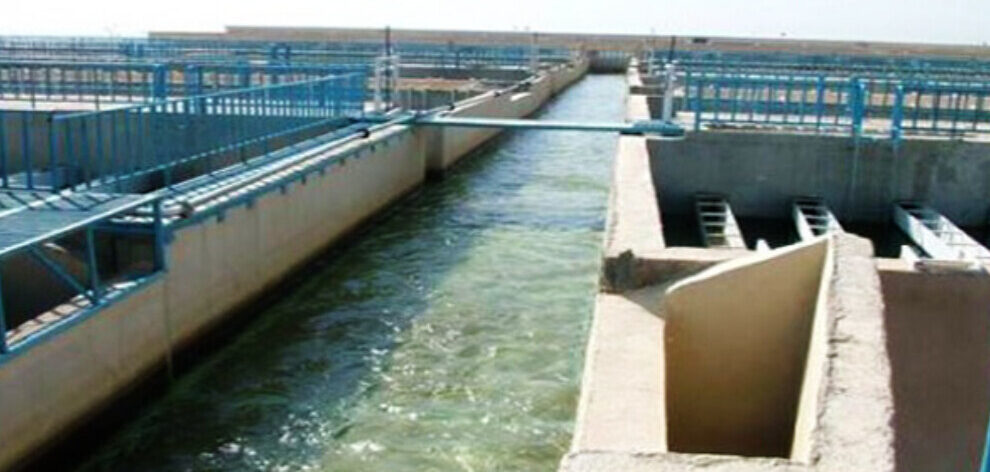Millions of people do not have access to clean water after the invading Turkish state and its mercenaries cut off water from the Alouk Station, leading to epidemic diseases.
The invading Turkish state continues to use water as a tool of war against the people of the region, after all the invasion plans in the Northern and Eastern Syria regions were foiled. The invaders, who use water to put economic pressure on the Autonomous Administration, mostly target the Alouk Water Station and the Euphrates River.
The Turkish state and its mercenaries have been cutting off the water reaching Hesekê Canton from Alouk (Elok) Station for more than two years. Although agreements have been made for the delivery of water to Hesekê, the invading Turkish state and its mercenaries constantly violate them.
Millions of people in the Hesekê Canton have been suffering from lack of water after the occupation forces cut off water supply from the Alouk Station which they hold under their control.
“This crisis is not new; our water has been cut off since the occupation of Serêkaniyê. The Turkish state has used it as a tool of pressure to displace the local people,” a citizen named Welîd Şakir Ebdullah from Til Temir told ANHA.

‘WHY DO RUSSIA AND THE US REMAIN SILENT?’
“To solve this problem, we had to find alternative solutions, such as digging wells. Also, costs are high because water tankers are filled by their owners. This aggravates the water problem and causes the spread of diseases in the region,” Ebdullah continued.
Ebdullah condemned the silence of the international community towards the crimes committed by Turkey in the region. “What is the reason for the military presence of Russia and the US in our regions? They are turning a blind eye to our suffering.” he said.
DISEASES INCREASED
“The water cut at the Alouk Station has seriously affected the residents of the district. Many diseases have, therefore, spread in recent months. Many diseases such as diarrhea and enteritis have appeared because of dirty water,” Omer Mardo, a doctor at Şehit Lêgerîn Hospital in Til Temir, said.

IMPACT ON PRODUCTION
Eziz Xiro has been running a brick factory for 20 years. “The water shortage has affected every aspect of life. Factories cannot produce quality products due to the lack of water. Brick production is a good example. Without water, you cannot produce quality bricks,” Xiro said.
“We are faced with continuous water and electricity outages by the invading Turkish state and its mercenaries. This affects production and supply negatively,” Xiro added.

The Til Temir Water Works Directorate has taken some measures to deal with the water crisis.
“We draw water from underground wells in Til Erboş and Til Ruman villages near the Til Temir-Hesekê highway. However, after some tests, we stopped drawing water from wells. We found out that the water from wells was not good and caused diseases. Therefore, we requested the Autonomous Administration to drill new wells in Til Temir in order to redress the grievances of the people,” Xalid Mihemed Elo, Til Temir Water Department Head, said.
Elo condemned the international community’s silence against the water cuts. “If these states cannot provide us water, I do not believe they can maintain security and peace in the region,” he said.


